#WebDevelopment #Software #Technology
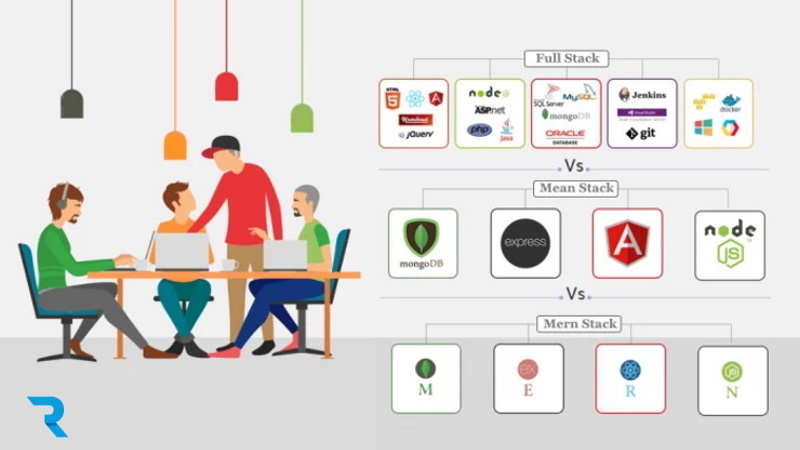
Now days web development and mobile application service have stepped on the top level then last 2–3 years. These days, mobile and web application are developed utilizing a stack of different technologies. Web and apps are all built utilizing a ‘stack’ of various technologies like FULL Stack, MEAN Stack, MERN Stack, LAMP Stack etc.
There are a lot of confusions which one is better than the other. In this blog I will try to clear those confusions. First, I am going to introduce you to Stack and then will mention the differences between them so you can choose according to your requirement.
A “Stack” is a combination of programming languages, technologies or even software products. Development stacks are further divided into two categories – Technology stack & application stack.
Now, in this article, I am briefing you all about three top trending technology stack to choose from, for your startup and ongoing business.
What is FULL stack and why to choose?
Full stack developer is an engineer who works on both client-side and server-side software. This type of software developer works on the Full Stack of an application meaning Front End Technology, Back End Development Languages, Database, Server, API, and version Controlling Systems. Hence, the name "Full Stack" Developer.
Full-stack development considers Front-end technologies like CSS, JS, SPA; Backend development tech like Python, Node.js, PHP and GO; Databases like MySQL, SQLite, etc; DevOps concepts like CI and Cd; and even some aspects of mobile app development using iOS and Android.
Today, full-stack developers are in huge demand as they can solve issues in multiple streams of software development.
Benefits of Choosing FULL stack
What is MEAN stack and why to choose?
MEAN is an abbreviation that stands for the four technologies that created it; MongoDB, Express, Angular, and Node.js. There are many complex websites and web applications (both progressive and responsive). It is one of the fastest growing open source development framework to reduce time on the management of the system. It also allows for the quicker development of websites, web applications, and APIs.
MEAN Stack Application Development is witnessing a growing trend in usage. MEAN is an abbreviation of:
M = MongoDB: Nosql Database
E = Express: Easy to use light and portable web program framework
A = Angular.js: Robust framework for developing HTML5 and JavaScript- web programs
N = Node.js: A server-side JavaScript run time
Benefits of Choosing MEAN Stack
What is MERN stack and why to choose?
MERN is considered as a fancy kid in town with full-stack JavaScript. It is a combination of technologies used to build premium web applications. These are developed using multiple technologies including frameworks, databases, libraries and more.
MERN stack is used for crafting web pages that fall in the premium category. Like MEAN stack, it also has comprised of four frameworks, namely MongoDB, Express.js, React, and Node.js.
MERN is a collection of JavaScript-based technologies:
M = MongoDB: Popular NoSQL database
E = Express: Light and portable web program framework
R=React: A javascript library for building user interfaces
N = Node.js: A server-side JavaScript run time
Benefits of Choosing MERN Stack
Need FULL Stack, MEAN Stack & MERN Stack experts to give you a hand with your next project?
Connect with Revaalo labs for all your Stack needs.

One of the most critical decisions website developers must make is deciding what unit of measurement to use when sizing elements, fonts, and other design properties.
Read more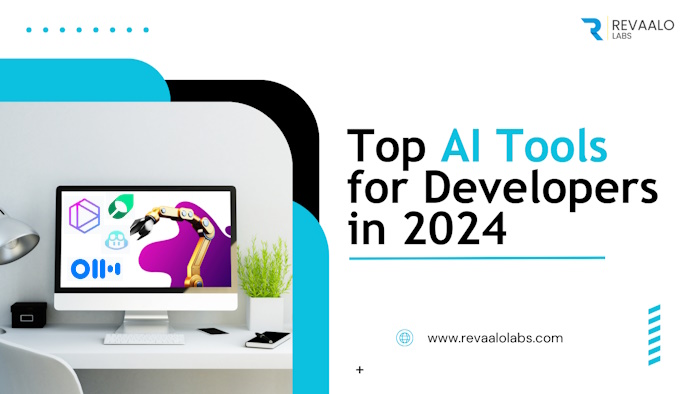
It`s an amazing technology-one that will help us solve society`s toughest problems and reshape the world.
Read more13
December
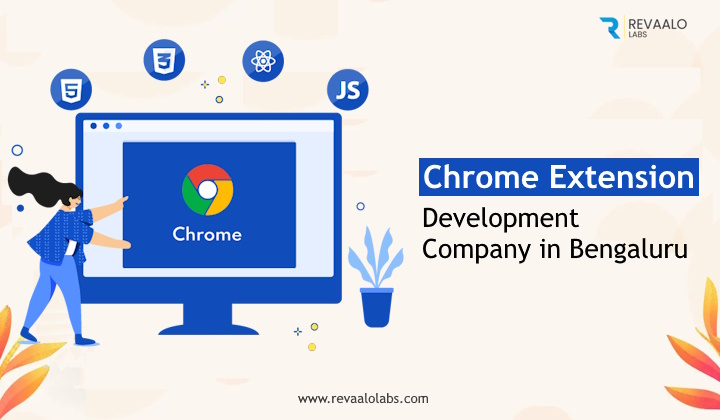
Today, web browsers play a significant role in our lives, providing us with access to a world of information and possibilities.
Read more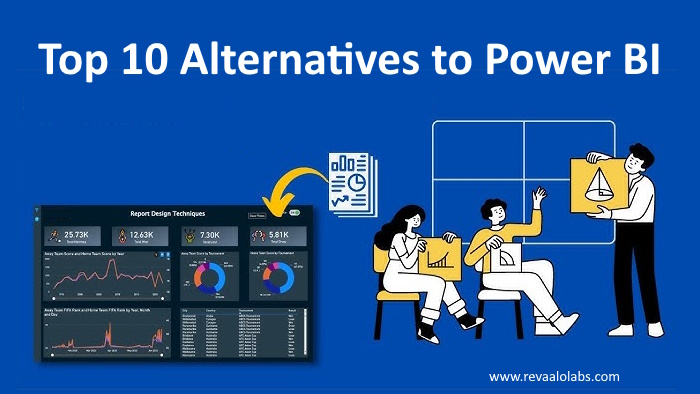
Power BI is a popular business intelligence tool developed by Microsoft for data visualization and analysis. While Power BI is a robust solution, there are several alternatives available that cater to different needs and preferences.
Read more09
October
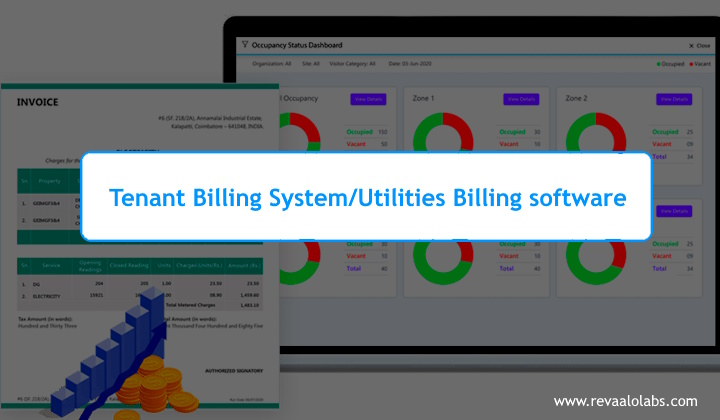
Tenant billing systems are software solutions used by property owners, managers, and landlords to accurately bill tenants for their usage of utilities and services.
Read more